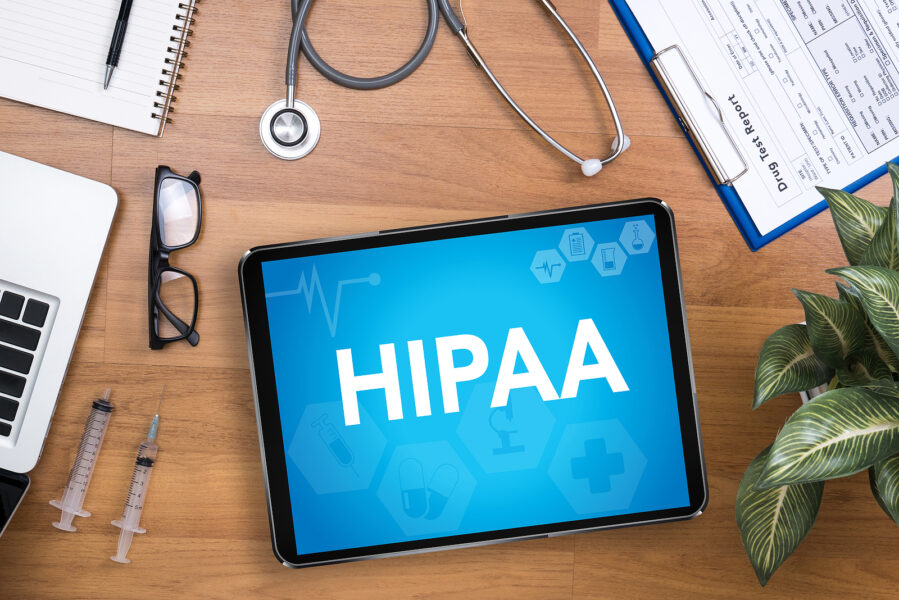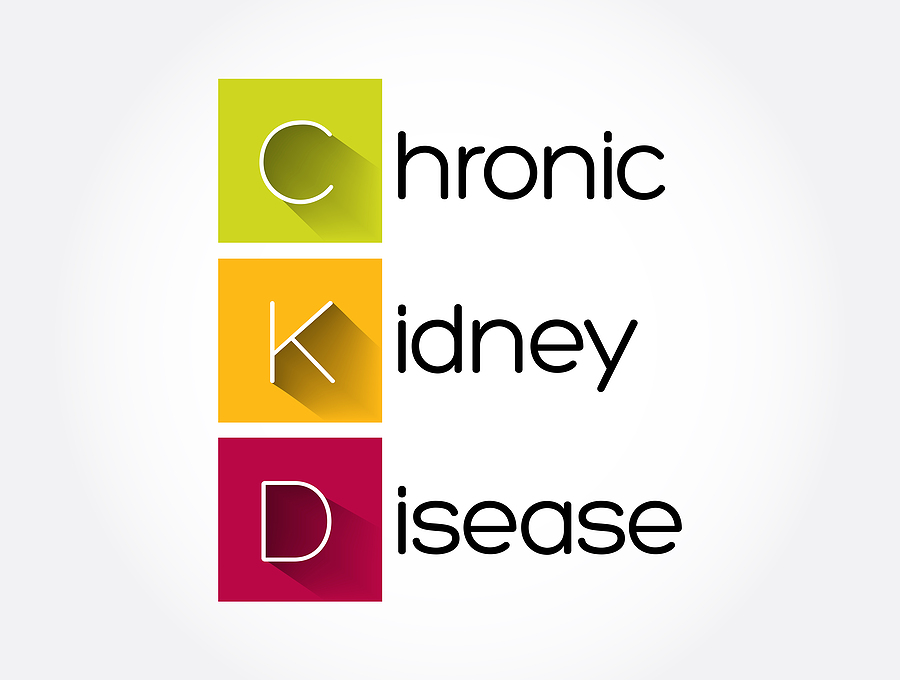HIPAA and Your FAA Exam – A frequent question we get at Wingman Med is about how and why the FAA is entitled to their medical history. Pilots, or potential pilots, want to know what gives the FAA the right to know their entire medical history.
Meanwhile, as we have seen over the last year with increasing regularity, the FAA is cross-checking disability records from the Department of Veterans Affairs and Social Security to see if an applicant has a disability from one of those institutions yet did not disclose it on their MedXPress.
Many times a pilot will mention that their health information is protected by HIPAA and they should not have to disclose it to the FAA. Another common belief is that the FAA should not be able to access their records from the VA or Social Security because of protections from HIPAA.
However, these interpretations highlight a fundamental flaw in understanding both the purpose of FAA medical certification and HIPAA protections.
Flight Physicals are Occupational Examinations
FAA medical certification is not related to medical treatment. At your FAA exam, your AME is not evaluating you so that they can diagnose or treat your conditions. They are evaluating you for your ability to safely operate aircraft.
This falls into the realm of Occupational Medicine. Firefighters and police officers also have to have regular exams to show they are still fit to perform the duties of their job.
Many industrial jobs have similar certification examinations as well. There are dedicated exams for forklift drivers, commercial drivers, industrial painters, welders, and workers exposed to asbestos, lead exposure, and other hazardous conditions.
These exams are either to certify the individual can safely perform the duties required of the job or they are to ensure that the individual has not suffered a medical issue due to the job exposure (such as with lead and asbestos).
Many of these exams are governed by the Occupational Safety and Health Administration (OSHA). Most of the laws regarding OSHA, and other similar laws, were first put forth in the 1970s with some occasional updates over time. There are typically two parts to these types of exams:
- Questionnaire and ancillary items, such as labs and X-rays
- Documentation review and physical exam by a qualified physician
Health Insurance Portability and Accountability Act (HIPAA)
HIPAA law was first enacted to protect individuals from unauthorized disclosure of their medical situation. But HIPAA doesn’t apply to everyone. In general, HIPAA only applies to the medical teams who take care of you and their associated employees and contractors. This means that you are not subject to HIPAA. You can tell anyone you want about your medical conditions.
Additionally, employers and some state and federal agencies are not subject to HIPAA. This is partly because most of the information they have is occupational and not related to actually taking care of your health.
Going back to our exam examples above, if an individual receives their certification from an exam they are given a piece of paper signed by the physician that states they have passed the exam. This paper is to be turned in to the employer.
The employer is usually not entitled to know the specific results of the labs, they cannot see the X-ray and they do not get to see any details of the exam. They only get to know if you passed or not.
But the physician, and the supervising agency that governs the exam requirements, do get to see the details. They get that access to ensure exams are done properly.
This sounds very familiar
That example sounds an awful lot like an FAA medical examination. The federal government sets the standards for medical certification in federal law just like OSHA law.
The FAA is the agency responsible for governing the process for medical certification of pilots just like OSHA is the agency responsible for many industrial workers. In both cases, federal law requires that you disclose the pertinent medical information asked as part of the process so the physician and oversight agency can determine your eligibility for certification.
Many times in an industrial job environment, the employer pays the examination fee. In these cases the certification may be sent directly to the employer, but not always.
In the case of aviation, most pilots are paying for their medical exams. Professional pilots may get reimbursed by their employer, but it is the pilot who gets their certificate from the AME or the FAA. The pilot has to show it to an employer, insurance agency, flight school, etc. to exercise the privilege of flying.
What about HIPAA and Disability?
If the radiology department in a hospital does an MRI and has concerns about a possible cancerous mass in your body they are going to share that information with the cancer department.
They will not share it with everyone in the hospital, but the people who need to know as part of your care team. Doing so is not a violation of HIPAA because they are part of the same hospital and care team.
The FAA is a federal agency. The Department of Veterans Affairs is a federal agency. The Social Security Administration is a federal agency. The federal government owns all of the information.
The federal government is not disclosing your health information to a private insurance company or any individual. They are sharing information within different branches of the same government to ensure compliance with the law.
Another part of this goes back to the statement about “exercising the privilege of flying.” Flying is just that, a privilege. If you want to fly, you have to follow the rules.
Those rules include disclosing all of your past and present medical conditions. And the government has the authority to make sure you are following the rules.
Follow us on Facebook.com/wingmanmed





